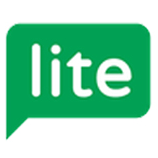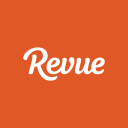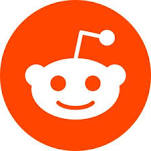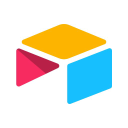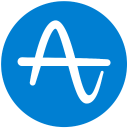I Built A Tool That Helps You Track Your Habits Long Term [With $100]
Hello! My name is Kyleigh, I’m an Indie Maker and Product Manager living in Denver, CO.
I’m building Harold. Harold is an SMS-bot, powered by AI, that helps you stick with your habits via simple, convenient, and fun check-ins via text message.
My customers are people who are interested in self-improvement, specifically via tracking habits. Some users are new to tracking, some have tried before but didn’t stick with it, and some are experienced trackers looking for a better way.
The strongest indicator of success so far is retention. I’ve worked on mobile apps for 6+ years, and I’ve never seen retention this good!
There are also promising signs that customers are willing to pay for this solution as well.
Since launching on Product Hunt in January of 2021, I’ve had 838 people join the waitlist, 369 create accounts and 20 converts to a paid plan. That comes out to about $534 in total revenue and $58 MRR. It’s early, and there is still a lot to learn, but I’m energized by this initial traction.
What's your backstory and how did you come up with the idea?
I’ve worked in startups my entire career since I graduated from...

Download the report and join our email newsletter packed with business ideas and money-making opportunities, backed by real-life case studies.

Download the report and join our email newsletter packed with business ideas and money-making opportunities, backed by real-life case studies.

Download the report and join our email newsletter packed with business ideas and money-making opportunities, backed by real-life case studies.

Download the report and join our email newsletter packed with business ideas and money-making opportunities, backed by real-life case studies.

Download the report and join our email newsletter packed with business ideas and money-making opportunities, backed by real-life case studies.

Download the report and join our email newsletter packed with business ideas and money-making opportunities, backed by real-life case studies.

Download the report and join our email newsletter packed with business ideas and money-making opportunities, backed by real-life case studies.

Download the report and join our email newsletter packed with business ideas and money-making opportunities, backed by real-life case studies.

